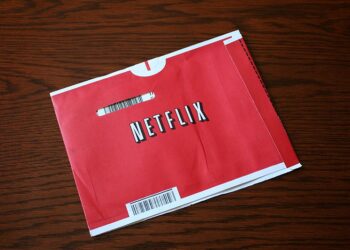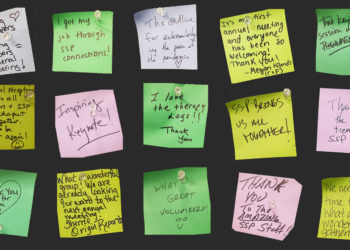Seth Godin, author of short, mind-altering books like “Permission Marketing” and now “Tribes,” stated something in a recent interview that everyone should ponder: “[T]he market and the internet don’t care if you make money.”
To me, this is an important statement because I believe, fundamentally, we (publishers, librarians, educators, and others) think people do care if we make money, do care if our budgets are sufficient to pursue our normal activities, do care if we have the resources to do what we’ve mastered.
But they don’t.
You don’t need to look much further than yourself. For example, did you care much when . . .
- Photographic film manufacturers either went belly-up or forcibly created digital options, closing plants, laying off employees, and shuttering entire companies?
- Record stores — those hip, loud, irreverant shops selling vinyl 33’s and 45’s — went out of business by the hundreds?
- Pay phones were ripped out of airports, off street corners, and from the sides of convenience stores?
- Local bookstores started going dark all across the country?
- The postal service struggled to adapt to a world with fewer bill payments, personal letters, and packages, teetering on the brink of irrelevancy?
- Newspapers began to approach the day when blogs would be the only sources left to report the demise of newspapers?
Face it, we really haven’t cared. I mean, we all have, now and again, in a sort of disassociated way. If a family member was directly affected, we definitely cared — but most likely about the family member, not the industry.
Somehow, the value the institutions or configurations listed above once provided has moved — recreated or appropriated by others, like Shutterfly, iTunes, Amazon, cell phones, online banking, and email. Seismic shifts in our retail and economic landscape have occurred in the last decade, and most people probably haven’t lost a wink of sleep over it, instead enjoying the convenience, price advantages, or independence of the new offerings rather than mourning the demise of the old.
Remember this chill thought as you ponder whether to move aggressively forward with new offerings that are more relevant to your audience and its current needs and preferences.
But don’t worry too much. If you hesitate too long or fail, they won’t care.

![Reblog this post [with Zemanta]](http://img.zemanta.com/reblog_e.png?x-id=fa7f69f0-8bc3-45df-8a03-55daf59a9975)


